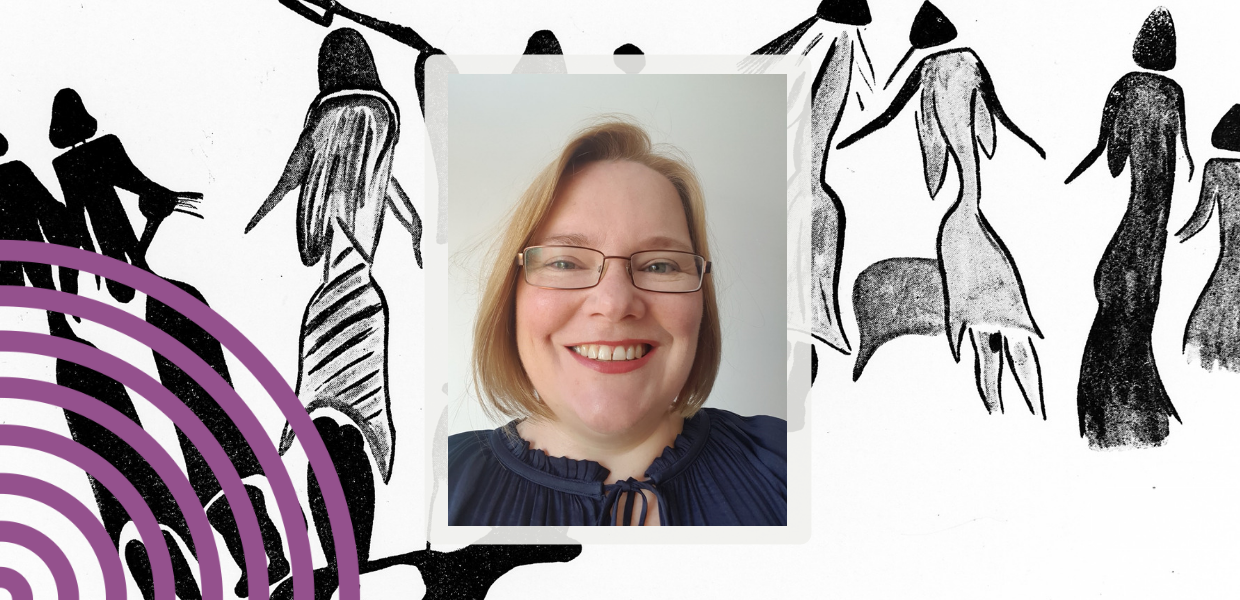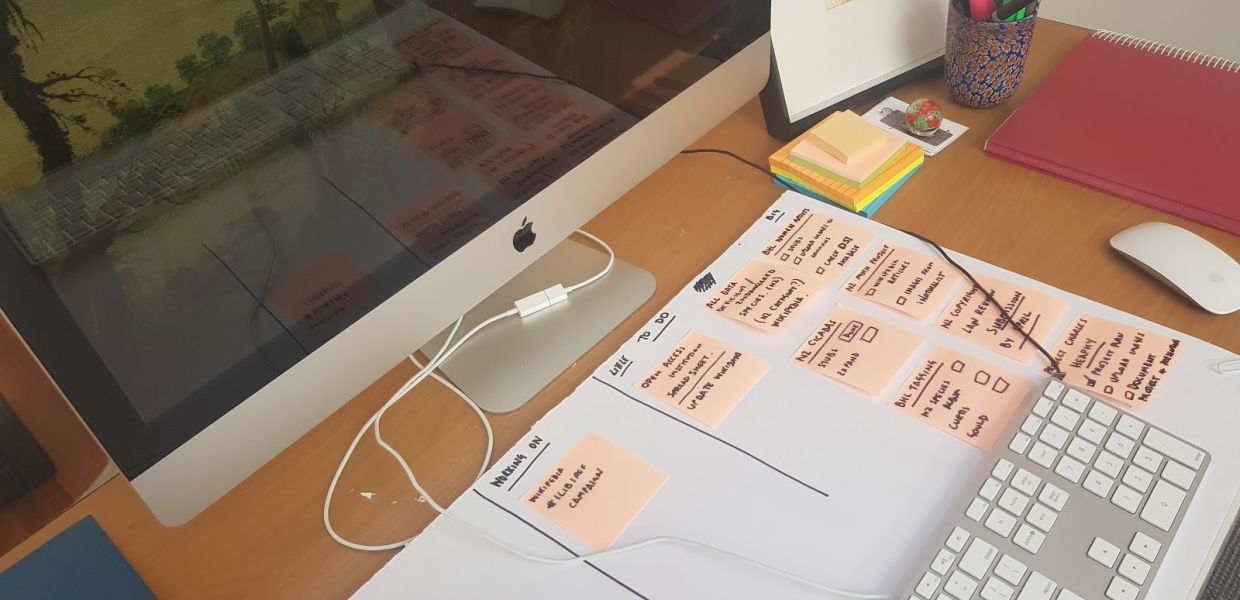From Siobhan...
I’m a New Zealander and a digital volunteer for a variety of museums, libraries, humanity and citizen science projects. I am also an active Wikimedian, writing articles and editing English Wikipedia, contributing to Wikimedia Commons and curating data in Wikidata.
What are you working on right now?
I’m currently working on a variety of projects. I’m volunteering for the Biodiversity Heritage Library (BHL) researching and linking data on women scientific illustrators whose work is found in BHL. I’ve been submitting suggestions to the BHL social media manager for her to highlight during the celebrations for International Women’s Day. I’ve also been ensuring the women have at least a Wikidata item and have been adding metadata about them to Wikidata. I’ve been tagging their illustrations in Flickr and adding or linking the same in Wikimedia Commons. This is all in anticipation of a Wikipedia article being created or expanded for these illustrators bringing them to the attention of a wider public.
I’ve also been continuing with my project to ensure all New Zealand endemic moths have a Wikipedia article. This is a large project as there are over 1800 moths endemic moths and I keep getting distracted by their host plants, localities, collectors and describers. So much information to add to Wikipedia, Wikidata and Wikimedia Commons and so little time! While working on this project I’ve been linking to citizen science observations such as those in iNaturalist as well as specimens held in Museum collections. If the observer or Museum has used an open creative commons license for their images I’ll also add the images to Wikimedia Commons.
I’m also busy participating in various Wikiblitzs and Wiki meetups attempting to encourage others to get involved in whatever Wikimedia project suits their interest. I’m keen to help others get as much enjoyment as I do in doing this work.
How did you get into this field?
I started by volunteering with the Smithsonian Transcription Center transcribing handwritten field books and diaries into machine-readable and searchable text. The project manager of the Transcription Center encouraged me to get involved in editing Wikipedia and I haven’t looked back since. The Smithsonian Institute is also a founding member of the Biodiversity Heritage Library and it was while transcribing for the Transcription Center that I learned of BHL’s existence and the ways in which I could contribute.
What are the challenges for women in the workforce (or in general) today? What can be done to improve matters?
I think that one of the challenges I particularly notice is a historic or implicit bias that, although not immediately obvious, can affect current attitudes towards women. The Wikimedia Foundation is putting a lot of effort into attempting to both mitigate the historic bias of its content and to improve the numbers of women editors. By encouraging editors such as myself to pay more attention to the accomplishments of women I hope that any bias within Wikipedia articles will gradually be reduced.
Do you feel that women are sufficiently empowered and present in leadership positions?
In some areas yes, in other areas no. For example in New Zealand, we have the top three positions in a government filled by women. However, I do believe there are still significant improvements that need to be made to ensure women feel and are able to be present in leadership positions.


